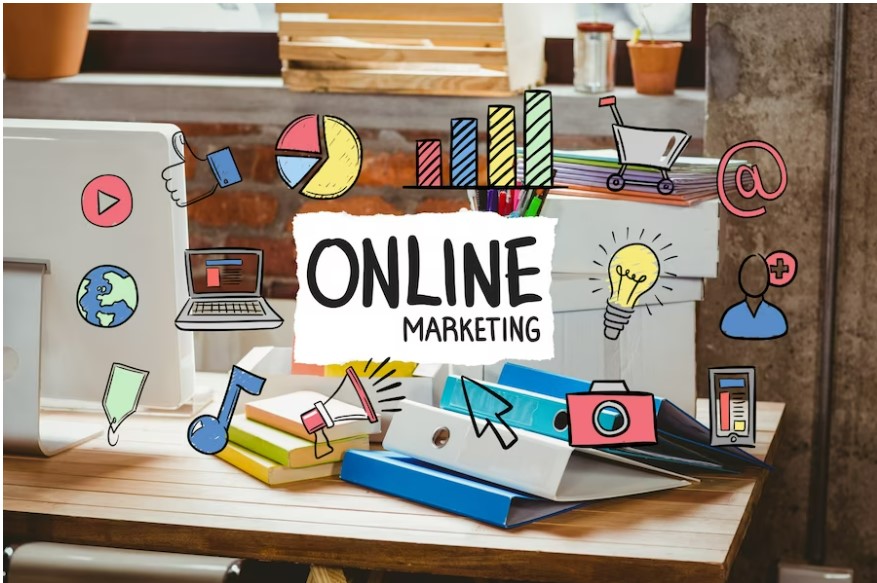In today’s digital age, consumers have come to expect personalized experiences from the brands and companies they interact with online. Personalization in online marketing refers to the practice of tailoring marketing messages and content to individual consumers. This personalization should be based on their interests, behaviours, and preferences. Delivering tailored experiences is a key factor in building strong customer relationships and driving business growth.
Why Personalize in Online Marketing?
Improved Experience to Customers:
One of the main benefits of personalization in online marketing is that it can improve the customer experience. By tailoring marketing messages and content to individual consumers, your business can create a more relevant and engaging experience for customers. This can help to increase customer satisfaction and loyalty. It will help with driving repeat business and referrals.
Stand out:
Moreover, personalization can help your business to stand out in a crowded online marketplace. With so many businesses vying for consumers’ attention online, it can be difficult to differentiate your business from the competition. By delivering personalized experiences, your business can create a unique and memorable brand identity that sets your business apart from its competitors.
Increased Conversion and Sales:
Personalization in online marketing can also lead to increased conversions and sales. By delivering tailored messages and content that are relevant and appealing to individual consumers, your business can increase the likelihood that consumers will take the desired action, such as making a purchase or signing up for a newsletter. This can result in higher conversion rates and increased revenue.
Understand your Customers Better:
Another benefit of personalization in online marketing is that it can help your businesses better understand your customers. By analyzing data on consumer behaviours and preferences, your business can gain valuable insights into what your customers want and need. This information can be used to inform product development, marketing strategies, and other business decisions. Ultimately, it will lead to a more customer-centric approach to your business.
Concerns of Personalization:
However, it is important to note that personalization in online marketing must be done responsibly and ethically. Consumers have become increasingly concerned about data privacy and security. Your business must ensure that you collect and use consumer data transparently and respectfully. Additionally, your business must be careful not to cross the line into invasive or creepy personalization. The reason is that it can have the opposite effect of turning consumers off.
To deliver effective personalization in online marketing, your business must have access to high-quality data and the right tools to analyze and use that data effectively. This may involve investing in customer relationship management (CRM) software, data analytics tools, and other technologies that enable you to collect, store, and analyze customer data.
Conclusion:
Ultimately, the importance of personalization in online marketing cannot be overstated. As the digital landscape continues to evolve, businesses that prioritize personalization will be best positioned to succeed in the long term.
